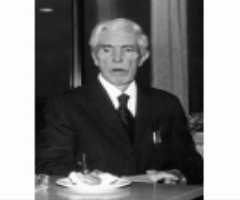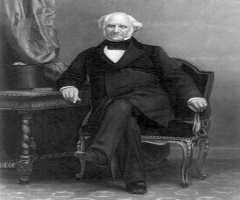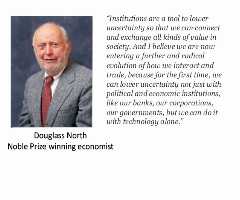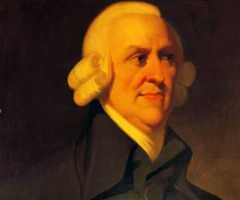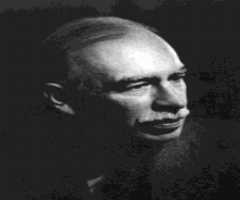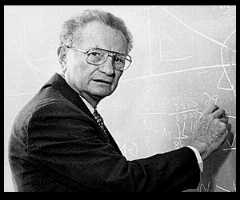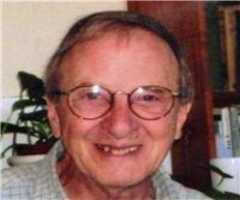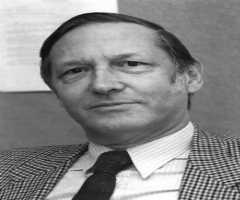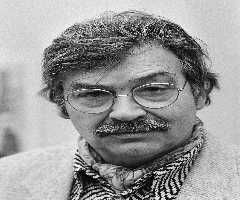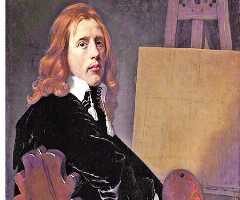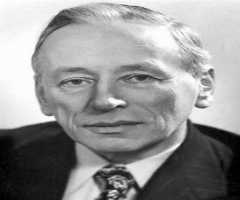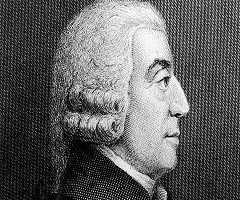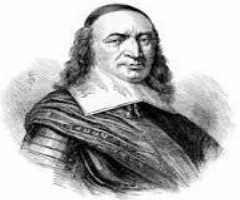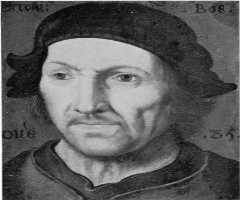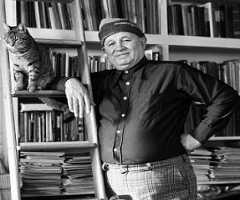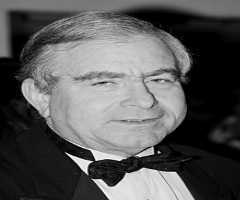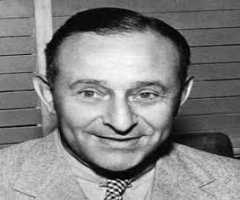Tjalling C. Koopmans Biography, Life, Interesting Facts
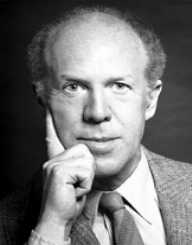
Birthday :
Died On :
Birth Place :
's-Graveland, North Holland, Netherlands
Zodiac Sign :
The Concise Encyclopedia of Economics: Tjalling Charles Koopmans
CHILDHOOD AND EDUCATION
Dutch American mathematician and economist Tjalling Charles Koopmans was born on August 28, 1910, in 's-Graveland, the Netherlands to Sjoerd Koopmans and Wijtske van der Zee. Both his parents were school teachers. He had two elder brothers, and all three of them attended the school called (Protestant) ‘School with the Bible’, where their father was the Headmaster.
Tjalling was sent to the Christian High School at Hilversum, 15 KM from his home when he was 12 years old. He was awarded a study stipend by the St. Geertruidsleen of Wijmbritseradeel in the Dutch province of Friesland when he was 14 years old. The stipend covered the next three years of his study at the Christian High School and also his further higher studies until the age of 26. In 1927, he entered the University of Utrecht at the age of 17. During the first three years, he studied Mathematics with particular emphasis on analysis and geometry, which were taught there in a traditional but precise style.
In 1930, Tjalling Charles Koopmans started studying theoretical Physics and graduated from the University with a Master's degree in 1932. Upon completion of his graduation, he studied under Jan Tinbergen in Amsterdam during 1934 and under Ragnar Frisch in Oslo in 1935. He prepared his doctoral thesis ‘Linear regression analysis of economics’ during this time and presented it to the University of Leiden. He received his Ph.D. from the University of Leiden in 1936.
Among the two brothers of Tjalling, Dr. Jan Koopmans was the eldest, and he was a minister of the Dutch Reformed church. He actively participated in the propaganda against the Nazis during the 1940s distributing pamphlets warning about the future of the Jews under the Nazi regime. He was mortally wounded by a stray bullet while witnessing an execution of hostages in German-occupied Amsterdam from behind a window. The second eldest son Hendrik Koopmans went on to become a chemical engineer and contributed to the industrial planning of post World War II Netherlands, former Dutch West Indies, and other developing nations.
CAREER
Tjalling Charles Koopmans was appointed as a lecturer at the Netherlands School of Economics, Rotterdam for two academic years 1936-1938. He replaced Jan Tinbergen at the Institute who was called to the financial section of the League of Nations in Geneva to work on a model of business cycles in the United States. He succeeded Tinbergen at the League of Nations in Geneva in 1938 to prepare a similar business cycle model for the United Kingdom. However, as the World War II broke out, the project was discontinued. During his two years stay in Geneva, Tjalling fully utilized the opportunity to learn from the renowned economist James Meade and understood the concept of economics of welfare and the problem of optimum population.
German troops invaded Netherlands and France in May 1940 and occupied Paris by the middle of June. Tjalling fled to the United States along with his wife and six-week-old daughter escaping the Nazi threat in June 1940. It was a difficult time for him and his family. Initially, he found the job of a research assistant at Princeton and worked there during 1940-41. He was employed by the Penn Mutual Life Insurance Company, Philadelphia, for a year.
Tjalling Charles Koopmans' next employment was with the British Merchant Shipping Mission at Washington D.C., where he was entrusted with the job of reducing the transportation costs of shipping goods available at various locations of America to specified destinations in England by carefully selecting the shipping routes. He published a paper on the economics of transportation with a centralized focus on optimal routing. He devised a mathematical representation of the problem that led to the necessary equations.
In 1944, Tjalling joined the Cowles Commission for Research in Economics, affiliated with the University of Chicago at the invitation of Jacob Marschak, beginning an extended period of association with the gentle, wise and witty scholar. In 1948, Tjalling succeeded Marschak as the Director of Research for six years. In 1955, Mr. Alfred Cowles and other members of the Cowles family shifted their financial support to Yale University. As a result, the Cowles Commission also moved to the Yale University and was renamed Cowles Foundation.
Tjalling Charles Koopmans was among the five members of the staff of the Cowles Commission, who accepted the offer of appointment at the Cowles Foundation. Cowles Foundation for Research in Economics was born at Yale University with James Tobin as Director. Tjalling took over the Directorship in 1961 and served for another six years as Director of Cowles Foundation until 1967.
In 1946, Tjalling Charles Koopmans became a naturalized citizen of the United States. He was elected as a Fellow of the American Statistical Association in 1948. He joined the Yale University as Professor of Economics and served in the position until his resignation in 1981. He was elected as the President of American Economic Association in 1981.
AWARDS AND ACHIEVEMENTS
In 1975, Tjalling Charles Koopmans was awarded the Nobel Memorial Prize in Economic Sciences jointly with Leonid Kantorovich for their work and contributions to the theory of the optimal allocation of resources.
He served as the President of the Econometric Society and also as the President of American Economic Association.
Tjalling Charles Koopmans was elected as a member of the National Academy of Sciences and American Academy of Arts and Sciences.
PERSONAL LIFE AND LEGACY
Tjalling Charles Koopmans married Truus Wanningen in October 1936, who also was an Economist. They were blessed with three children, a son, and two daughters.
He died on 26 February 1985, after suffering a series of cerebral strokes at Yale-New Haven Hospital, New Haven, Connecticut.
More Economists
More People From North Holland
More People From Netherlands
-
![Frits Zernike]()
Frits Zernike
-
![Gerard ’t Hooft]()
Gerard ’t Hooft
-
![Bernard Mandeville]()
Bernard Mandeville
-
![Peter Stuyvesant]()
Peter Stuyvesant
-
![Lawrence Alma-Tadema]()
Lawrence Alma-Tadema
-
![Hieronymus Bosch]()
Hieronymus Bosch
